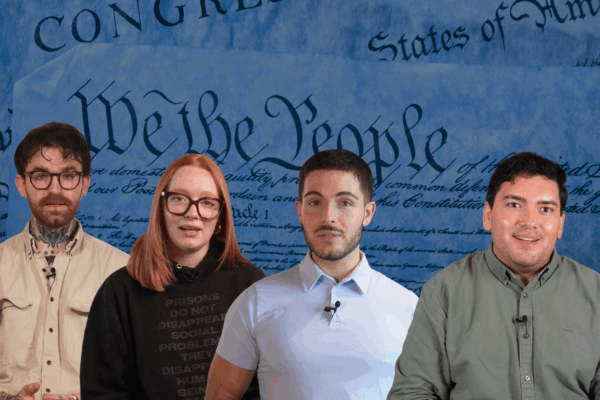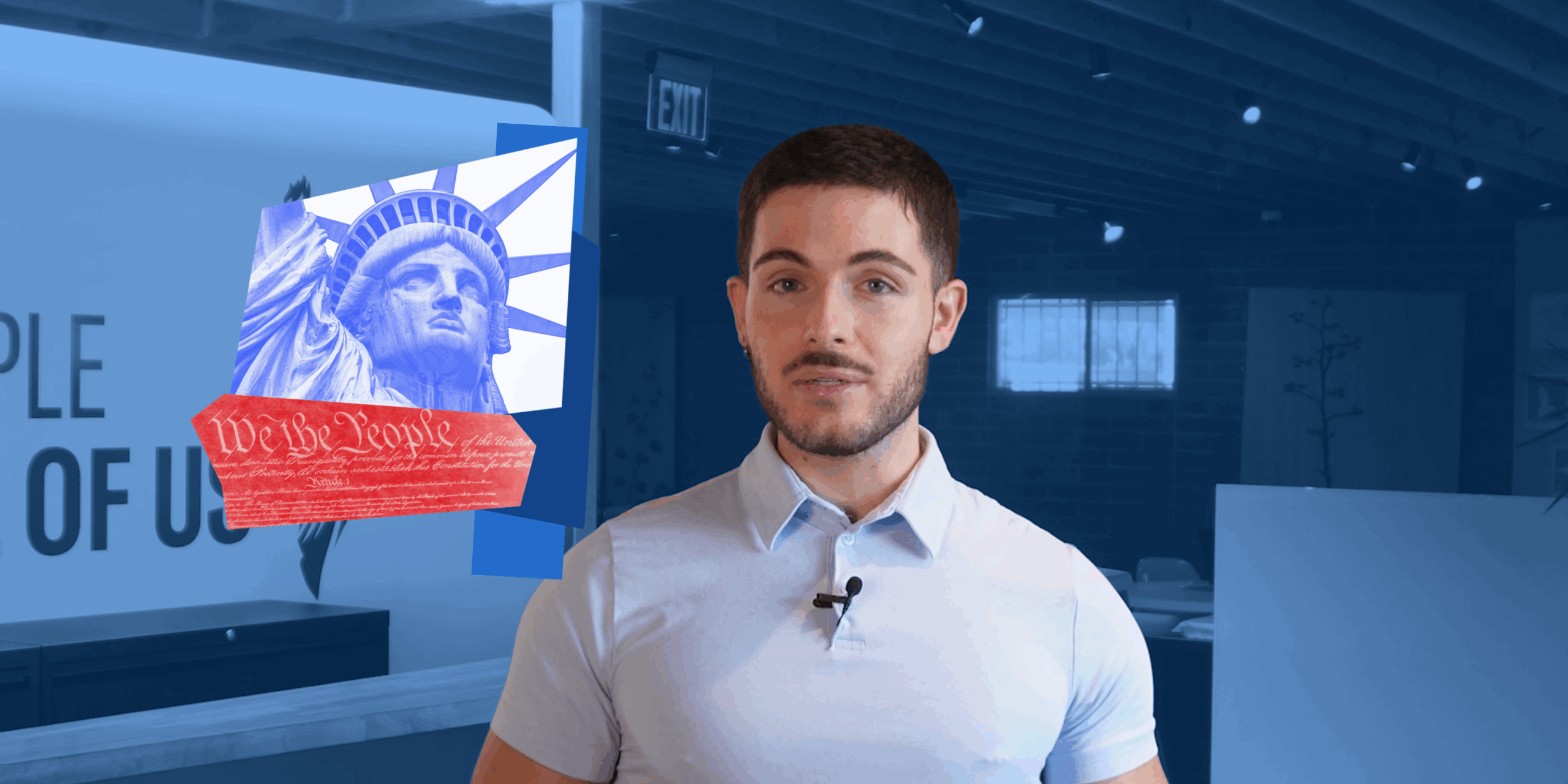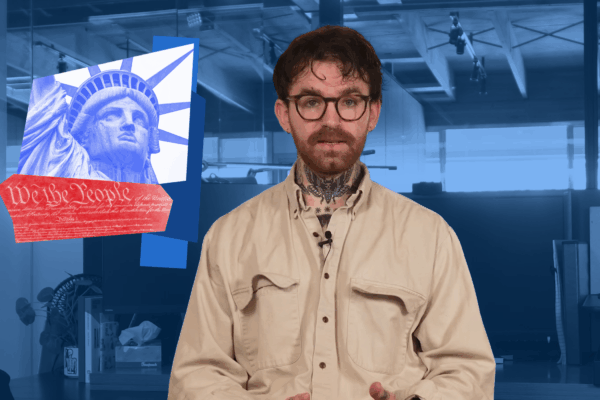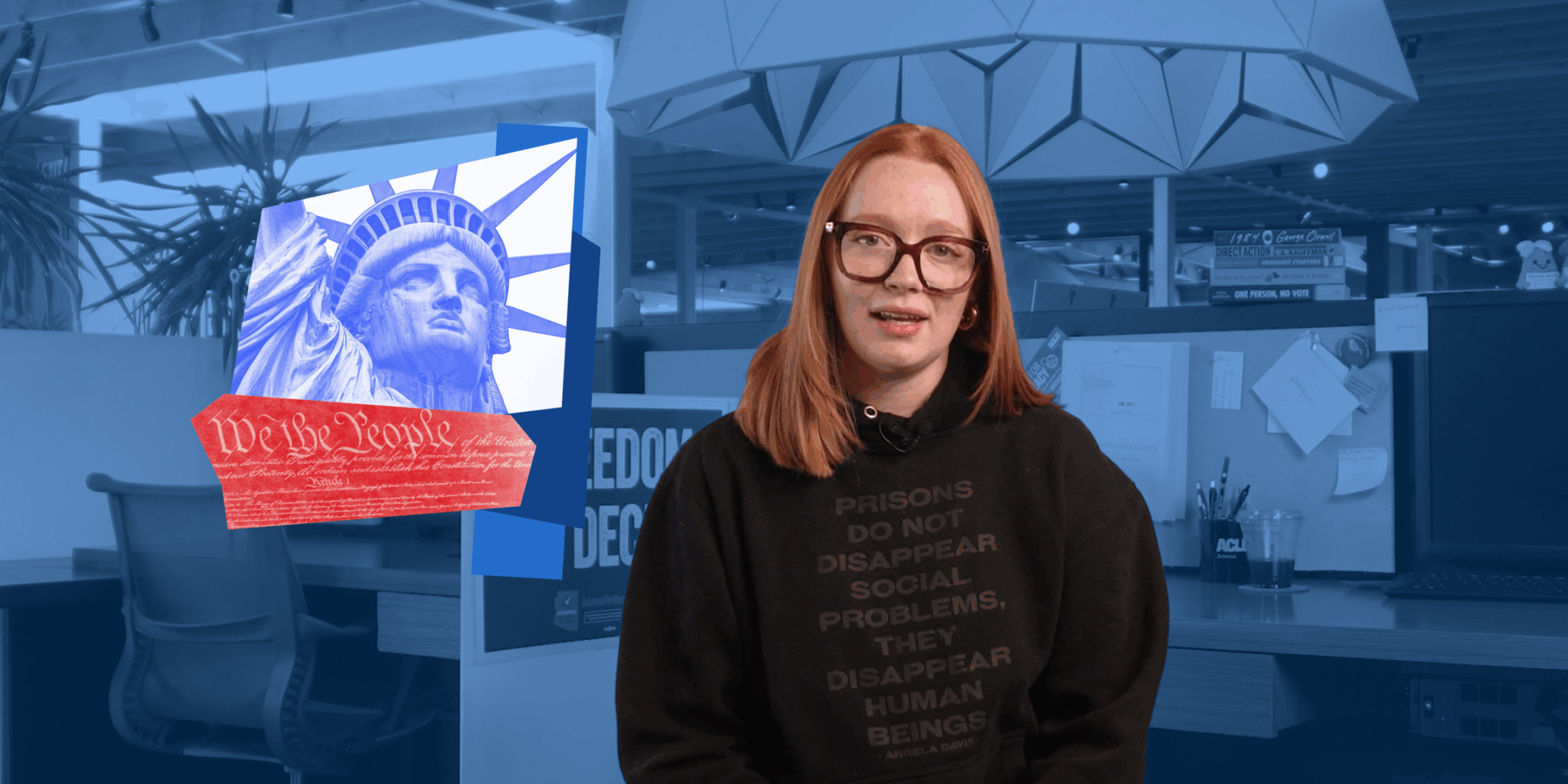Freedom of speech is one of the most cherished rights in the United States, but it’s also one of the most debated. Can you legally burn the American flag? Is it okay to say something rude about the government at a protest? Or criticize your school board at a public meeting?
The short answer: it depends.
In this blog, we’re diving deep into Freedom of Speech as guaranteed by the First Amendment of the U.S. Constitution. We'll discuss the nuances, exceptions, and how the courts have defined the boundaries of this fundamental right.
What Is Freedom of Speech?
The First Amendment guarantees that “Congress shall make no law… abridging the freedom of speech.”
Sounds simple, right? Well, in practice, the meaning has been dissected and debated through countless court cases.
TLDR: You have the right to express your opinions, even if they’re unpopular, controversial, or offensive. But there are some limits, and understanding those limits is crucial.
The Heart of the First Amendment: Political Speech
Political speech is at the core of the First Amendment. The Founders wanted a government that was accountable to the people. That’s why they gave citizens the right to protest policies, support or oppose candidates, and express their opinions freely, among other things.
In fact, flag burning is legally protected political speech. Yes, you read that right!
In Texas v. Johnson (1989), the U.S. Supreme Court ruled that burning the American flag is a form of symbolic speech. The Court emphasized that the government cannot prohibit speech just because it offends societal norms. This protection extends to speech that many find offensive, wrong, or even downright mean.
When is Speech Not Protected?
While freedom of speech is fundamental, there are some important exceptions.
Incitement
Speech that incites imminent lawless action is not protected. In Brandenburg v. Ohio (1969), the Court ruled that speech can be restricted if it’s intended to incite illegal activity and is likely to do so.
Threats
Making credible threats to harm someone is not protected speech. If a reasonable person would believe the threat is real, the government can intervene.
Obscenity
The government can regulate obscene materials, specifically content that is sexually explicit and lacks serious literary, artistic, political, or scientific value. Most adult content that isn’t deemed obscene is protected under the First Amendment.
Defamation
Lying about someone to damage their reputation (libel when written, slander when spoken) can lead to legal consequences, as defamation is not protected by the First Amendment.
When is Speech Restricted?
In public spaces, like public sidewalks, parks, and government buildings, your speech is most protected. However, the government can place time, place, and manner restrictions on speech to ensure that it doesn’t disrupt public order.
- Time: The government can regulate when speech takes place, but not the content. For example, protests may be allowed during the day but restricted at night.
- Place: Speech may be restricted in certain locations. While public areas like parks and sidewalks are open for protests, you can't block highways or gather in private spaces without permission.
- Manner: The government can regulate the volume of protests or whether megaphones can be used, but only if the restrictions are content-neutral (they apply to everyone, not just certain messages).
When the government imposes these rules unfairly it crosses the constitutional line.
Private Spaces Versus. Public Spaces
While public spaces are protected for free speech, private spaces, like workplaces, private colleges, or your home, are different. For example, a private employer can fire someone for something they said on social media, and a private university can discipline students for violating conduct policies, even if the speech in question is protected in public spaces.
A special “in-between” zone exists in public schools. Students do have First Amendment rights, but these rights can be limited in certain circumstances. For instance, schools can restrict speech that disrupts the educational process or infringes on the rights of others.
The Importance of Free Speech
Free speech is one of the most powerful tools in a democracy, allowing us to express our thoughts, challenge the government, and advocate for change. But it’s not an absolute right — it comes with limits, particularly when it comes to speech that incites violence, makes threats, is obscene, or defames others.
The First Amendment protects our right to speak out, even if others disagree with us. But knowing the limits of that protection — based on what, where, and how we express ourselves — is just as important as knowing our rights.
In our next post, we’ll explore another crucial part of the First Amendment: Freedom of the Press. We’ll dive into who gets to report the news, the protections journalists have, and what happens when the government tries to control the narrative.
Until then, remember: you have rights! Make sure you know them!






